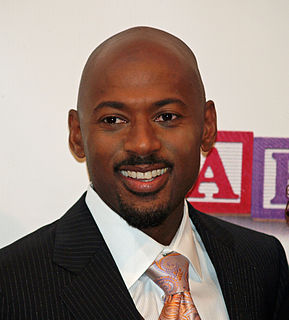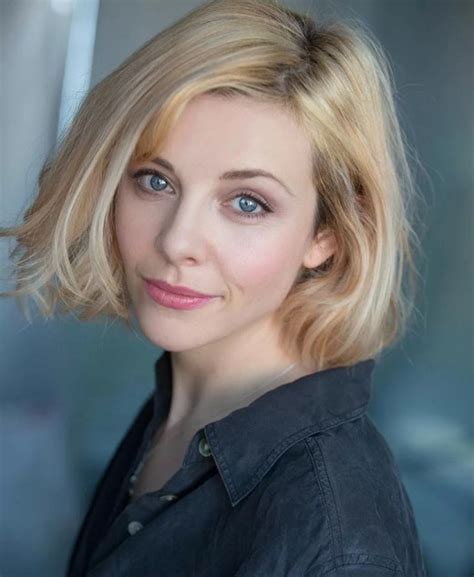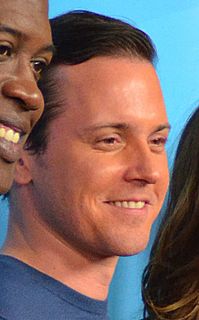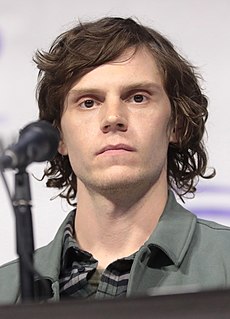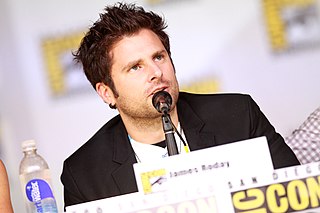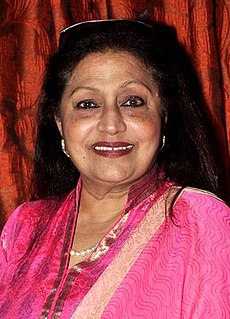A Quote by Romany Malco
The only difference between comedy and drama is that, in comedy, I'm going to utilize the tool of creating laughter to deflect discomfort and, in drama, I won't use a tool, but we're going to actually deal with the discomfort and see what comes out of it.
Related Quotes
Having written both comedy and drama, comedy's harder because the fear of failure's so much stronger. When you write a scene and you see it cut together, and it doesn't make you laugh, it hurts in a way that failed drama doesn't. Failed drama, it's all, 'That's not that compelling,' but failed comedy just lays there.
I think romance is a tool, comedy is a tool and drama is a tool. I really just want to tell stories that challenge the viewer, move people, make you laugh, perhaps push an idea about being open-minded but never settle on a genre or an opinion. I hate genre. I like movies that are original in their approach.
I think that there's a fine line between comedy and drama. I think that ultimately, the less winking that's going on when you're doing comedy - and this is just my own thing, and maybe it's why I've never been hired in comedy except by Bill Lawrence - but I think that the less winking you do with comedy, the better off you are.
I've always thought that comedy was just another dramatic expression. I try to measure the amount of truth in a work rather than just looking at the generic distinction between comedy and drama. There's a lot of bullshit drama that leaves you totally cold. And there's a lot of wasted comedy time too. But when you get something honest, it doesn't matter what label you give it.
As a writer, I haven't delved into dramatic writing. As an actor, I could always, even more so than comedy, do drama. When you do your comedy and your drama, your acting style doesn't change. If it's a comedy, the situations and the characters might be a little funnier, but you're just trying to be honest.
